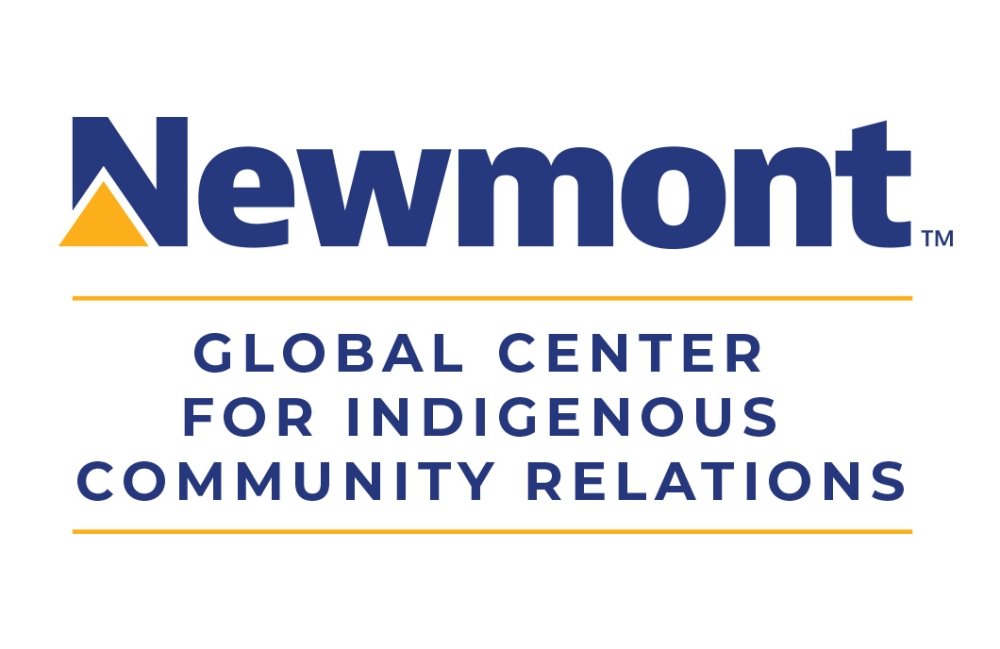Canada’s Implementation of UNDRIP Commitments: What Will it Mean for Business and the Economy?
Introduced to Canada’s Parliament on December 3, 2020, Bill C-15 would align The United Nations Declaration on the Rights of Indigenous Peoples (UNDRIP) with Canadian laws and would have a wide and far-reaching impact. This forum examines the potential changes for business and economic relationships between industry and Indigenous Peoples in North America.
The speakers discussed the history of UNDRIP and Bill C-15 in Canada, the shift in corporate and public discourse related to indigenous engagement and reconciliation, and what the implementation of UNDRIP might mean for business and Indigenous-industry relationships.
How does C-15 contribute to reconciliation in Canada? What other legislation would need amendments? What role does business have in the development of priorities related to indigenous rights and reconciliation? What are the critical components of UNDRIP that need to be heeded by the businesses?
Selected Quotes
Tabatha Bull
“We’re building this economic framework and closing the socio-economic gaps that exist and we see that because we know that indigenous businesses employ more indigenous people. They also include within their business plan—a large majority of them—options and items to which support their community.”
“If we consider that the Indian Act in Canada purposefully excluded indigenous people from participating in the economy—as an example there are provisions in the Indian Act that did not allow for indigenous people to sell agriculture or cattle that they had raised off of their reserve without a permit or pass—and those provisions were in existence until 1960 […] —it’s going to take us time to get back to where we really should be.”
“To speak specifically about economic reconciliation—so within the Truth and Reconciliation calls to action there is ‘call to action 92’ which calls on the corporate sector of Canada to adopt UNDRIP as a reconciliation framework and the principles within it.”
Ken Coates
“We’re now seeing across the country where communities, municipal governments are saying let’s take UNDRIP as an organizing principle. But in both cases the challenge has been I think a simple one—how do you take these really good, broad principles with which almost everybody can agree and change them into immediate action.”
“We start seeing pushback. People say ‘well, you know we didn’t really mean that, we never really wanted to go that far’, and so what we actually have now is a country where the public conversation is very much informed by truth and reconciliation, at this point to a lesser degree by UNDRIP […] where Canadians are wrestling with this question of how do we get rid of the legacy of hundreds of years of discrimination and hostility and brutal treatment of indigenous peoples.”
“Until we actually do something about it on a practical level, then we’re just making ourselves feel good about what UNDRIP represents and truth and reconciliation. So our challenge is to actually make this stuff real and we’re not doing as well with that as we should.”
Allen Edzerza
“When we talk about reconciliation, it’s critically important to look back to see where we came from. We talk about the racist policies and discriminatory policies that Canada had. I can say that I lived it. My dad had to enfranchise—to become a non-status Indian to be able to go to public schools to have the right to vote, things that were taken for granted by citizens of Canada.”
“What the UN declaration does for us is it puts in place the foundational principles to build reconciliation. When you talk about the recognition of aboriginal title, to me that means that finally they’re going to recognize us as sovereign peoples, sovereign nations. They recognize the inherent right of self-government, we’ve never given up our right to govern ourselves. The requirement of our consent when you’re looking at developing our land and resources—and of course the human rights aspect of the UN declaration—I think all of those principles are important if we’re going to look to reconciliation.”
“I remind people that consent is the best form of certainty that anybody could ask for. When you start looking at development costs that go into the millions and tens of millions, hundreds of millions, or billions of dollars, certainty is absolutely essential if you want to do that.”
Dr. Sheryl Lightfoot
“In September 2007, to the surprise of many, and the sheer delight of the indigenous activists that had been—some of them working on this document for those 30 years—it passed the UN General Assembly by votes of 143 “for”, some abstentions and 4 votes “against” and that was Australia, New Zealand, Canada, and the United States.”
“Similar to the Universal Declaration on Human Rights, it’s a statement of principles that should be taken up by nation-states in order to adhere to those principles. This particular declaration emphasizes the right—again—of indigenous peoples to maintain and strengthen their peoplehood, their nationhood, their traditions, their institutions as peoples, not simply as citizens of a nation state, and it prohibits discrimination against them.”
“British Columbia in 2019 passed its “BC’s Declaration on the Rights of Indigenous Peoples Act”, […] it passed unanimously in the province. Important to note, this is the first piece of legislation in the English-speaking world to advance the UN declaration within a legislative framework. It was co-developed with indigenous leadership in the province which I think has been one of its strengths and it encourages an action plan on the provincial level.”
Speakers



Introductions


Hosted By

Canada Institute
The mission of the Wilson Center's Canada Institute is to raise the level of knowledge of Canada in the United States, particularly within the Washington, DC policy community. Research projects, initiatives, podcasts, and publications cover contemporary Canada, US-Canadian relations, North American political economy, and Canada's global role as it intersects with US national interests. Read more

